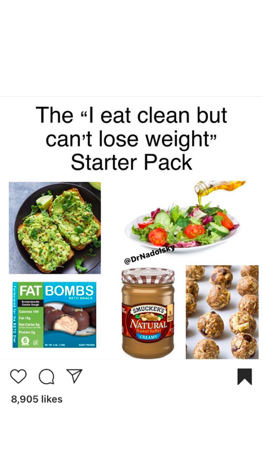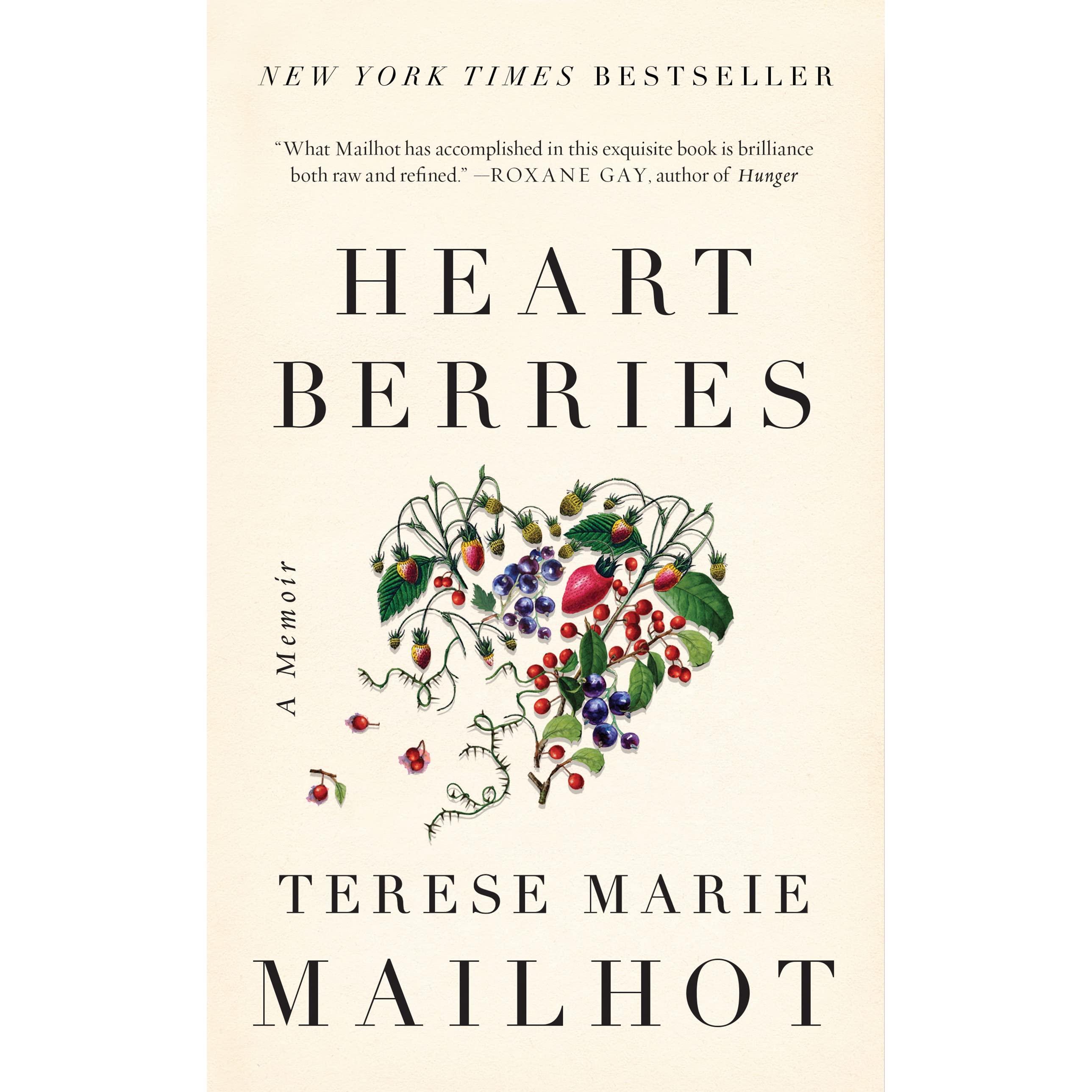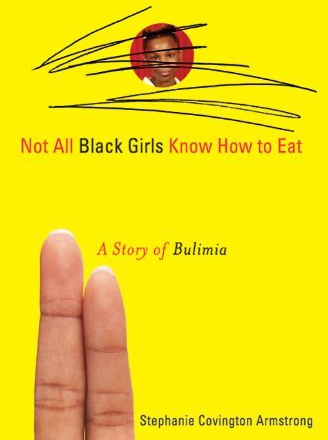Note and content warning: In this post, I use the word “fat” multiple times. I recognize that people have different relationships to that word, and if it triggers you, then feel free to skip this post. I use it because, in my opinion, it is important to enforce the fact that fat is not a bad word!!! It’s a descriptor, and unfortunately our society has forced it to be extremely charged. Anyways, just wanted to mention that before we start. This post also discusses police brutality, racism, fat phobia, and state sanctioned murder.
Hey everyone!
This is not going to be a long post, but something I’ve noticed recently that has not sat well with me. I hope this post encourages you to think about the power of art, specifically in its depictions of people who are not longer with us.
In the wake of the multiple murders of Black and brown folx at the hands of the police, government, and other U.S. citizens, a lot of really beautiful art has emerged on social media to celebrate their lives and as a catalyst to demand justice. For example, one artist whose work I really appreciate and have seen circulating is @shirien.creates. Another really talented artist on Instagram is @loharris_art.
These are just two examples of many, many accounts. For the most part, the artwork is amazing: not only is it beautiful, but its power to encourage action and empathy is extremely important and valuable. However, I have been seeing one particular thing that upsets me, specifically surrounding art of and about Breonna Taylor, Rest in Peace.
Although I cannot pinpoint the specific artists and designers that did (and are doing) this, some drawings on social media altered Breonna’s appearance, specifically making her thinner (i.e. making her arms smaller, or her jaw more defined) than she is in many of the in-person photos that are circulating.
I recognize some of you may be thinking, Is this really a big deal? Isn’t the artwork itself existing more important than the specific details? And to some point, I agree! I think the fact that the art exists at all is extremely important.
However, I also think altering Breonna’s appearance, specifically in this case to make her thinner, sends a wrong and extremely dangerous message. Some questions to consider:
Was there a goal in making Breonna appear thinner? Is this supposed to make us empathize with her more? Is this supposed to have made her life/work more valuable? Is this image more palatable to us?
Drawing Breonna thinner in memory automatically places judgement on her actual weight and appearance, whether it was intentional or not. It devalues who she was. And in my opinion, it is not an isolated incident.
The body love and body positivity movement was started by fat, Black womxn and yet has been co-opted– mostly by white women– to almost entirely exclude them. Black womxn are often pressured to mold into standards of beauty or “health” that are designed for white women and, sometimes even, white men. One example of this is the Body Mass Index: the creator of the BMI, Adolphe Quetelet, based his model of entirely white, male, European test subjects. Now, it supposedly determines how healthy all people are at a given weight. (Shoutout to @theunplugcollective for teaching me this, if you do not follow their work already, DO IT!) Another example would be Instagram’s algorithm for taking posts down. When thin white women post partially nude photos, they are seldom reported. On the other hand, when fat, Black womxn do the same, they are often deleted multiple times by Instagram. If you do follow The Unplug Collective on Instagram, you will have seen this happen in the past week during their Dear Fashion Industry campaign.
We cannot accept or celebrate drawings of Breonna that portray her thinner that she was, or that look significantly different in any way. In doing so, we unknowingly (or knowingly) place judgement on her appearance, and assert standards of beauty that feel more comfortable or enjoyable in our point of view. This is wrong. It devalues her life. The “reshaping” of Breonna’s appearance is charged by fat phobia and racism, and is in line with the co-opting of the body positivity movement I mentioned above. If you find yourself more likely to repost thinner drawings of Breonna, question why that is!!! And then make a conscious effort not to do it again.
Artists drawing Breonna Taylor, or anyone who is not longer alive, have a great power therefore have a great responsibility to draw her accurately and remember her for who she was, not a version of her that they think will be more palatable to the masses, or more enjoyed by their followers, or easier for them to draw. We cannot work to eradicate systems of oppression built on appearance and identity if we subtly uphold them in our own representations of people. It is a contradiction to celebrate Breonna’s life, or call people to action, or demand justice if we are critiquing and devaluing her appearance ourselves.
Note pt. 2: If you have not taken any action steps to demand justice for Breonna Taylor, please do so immediately. https://action.justiceforbreonna.org/sign/BreonnaWasEssential/ The officers who murdered her have still not been arrested (Let me know if you would like to see the emails I have been re-sending every day to Mayor Fischer and Attorney General Cameron).
Note pt. 3: If you appreciate and enjoy some of the work Black artists have been sharing on social media, pay them!!! Many accounts have paypal/cash app/venmo details in the bio.



